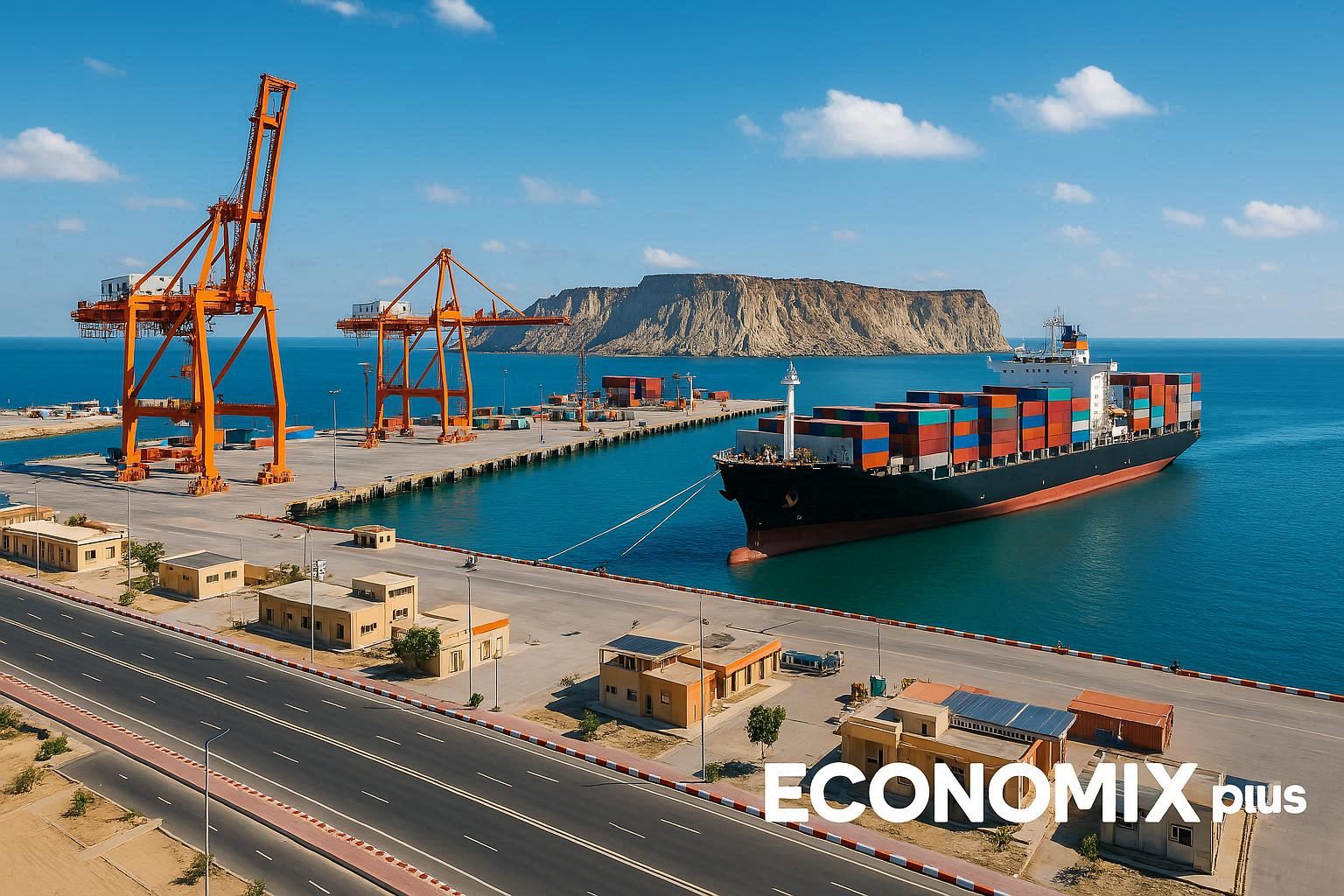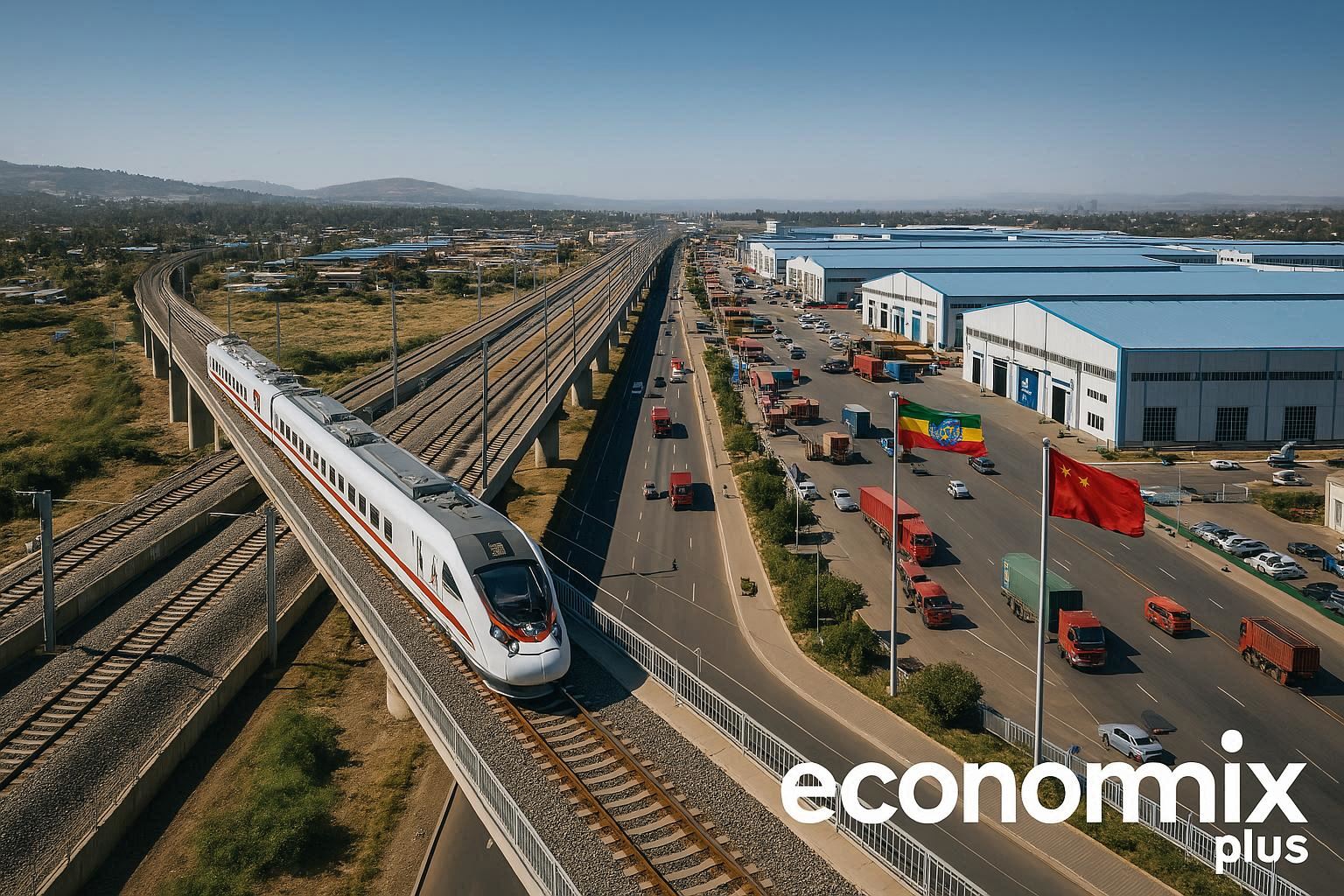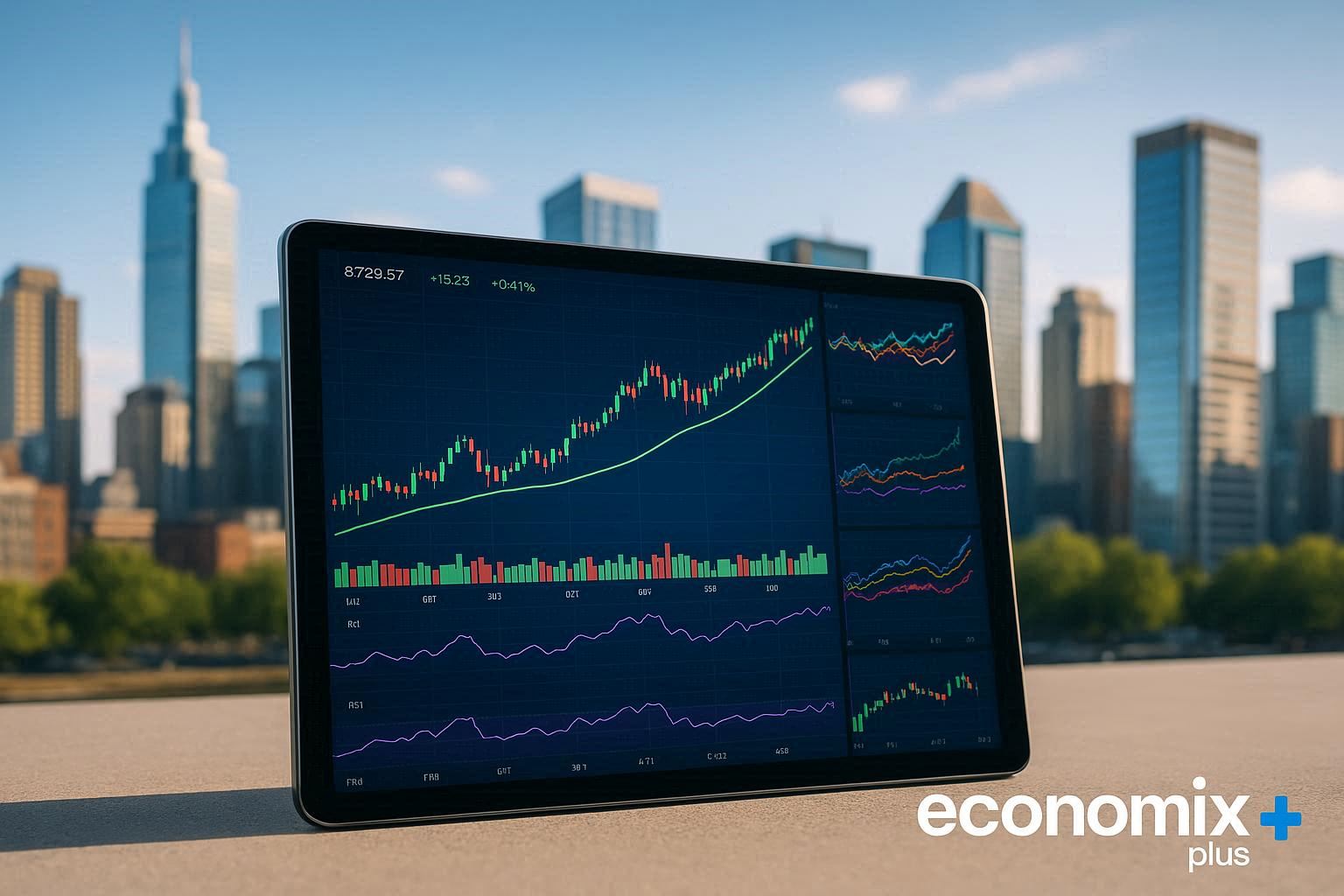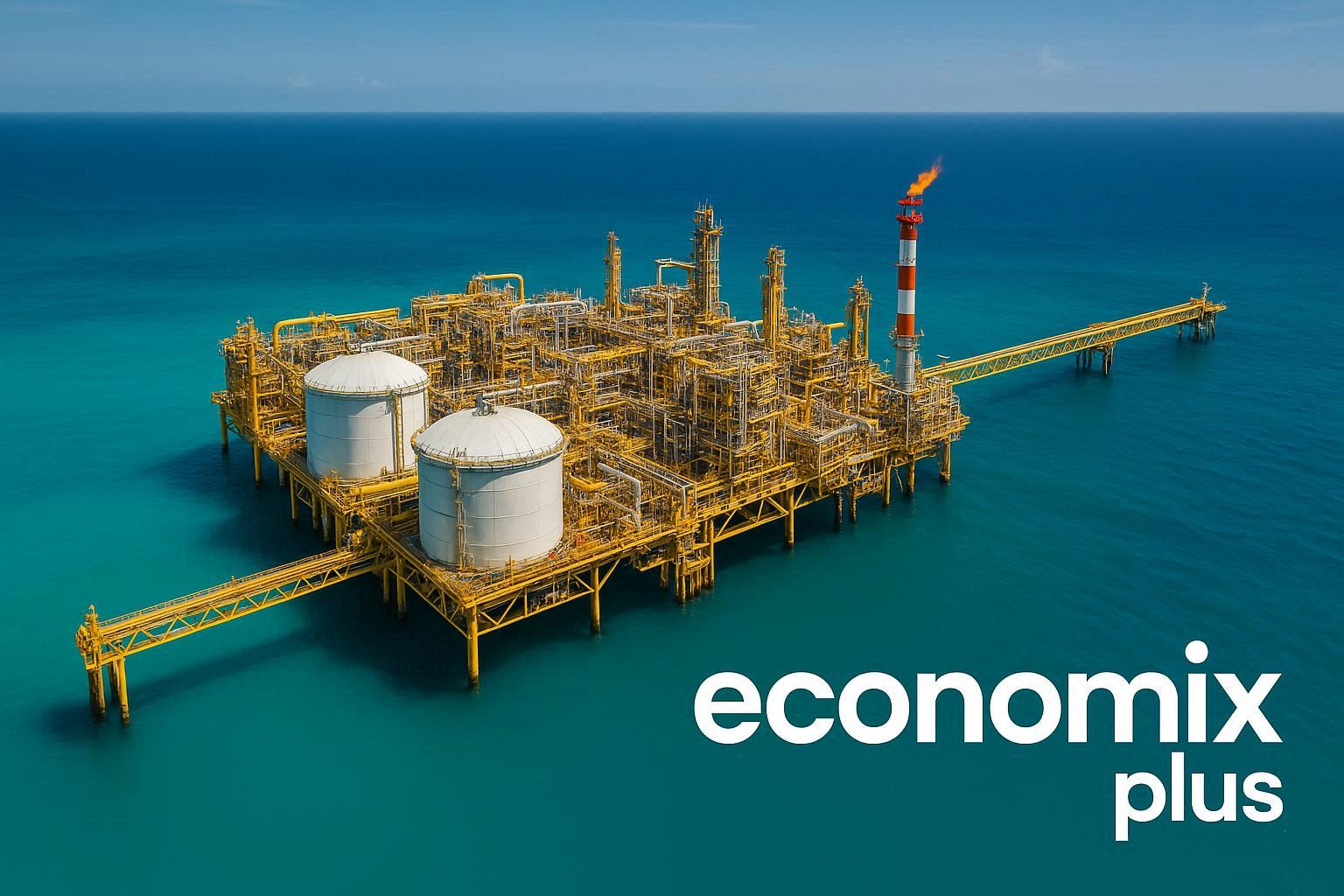The Middle East is witnessing a significant shift in its economic landscape, with Egypt and Turkey emerging as key players in the region’s growth story.
As these two nations continue to implement reforms and attract foreign capital, investors are keen to understand which country is better positioned to drive sustainable economic growth in 2025.
This analysis will explore the current investment climate, strategic growth sectors, and reform efforts in both Egypt and Turkey, providing insights into their potential to attract foreign investment.
Key Takeaways
- The comparison between Egypt and Turkey’s investment landscapes.
- Egypt’s accelerated privatization initiatives and strategic partnerships.
- Turkey’s economic stabilization measures and international investment relationships.
- Key factors driving investment decisions in both nations.
- Direct investment opportunities in productive sectors.
Current Economic Landscape of Egypt and Turkey
Egypt and Turkey, two major economies in their respective regions, are navigating through complex economic conditions as they head into 2025. Understanding their current economic landscapes is crucial for investors and stakeholders looking to capitalize on emerging opportunities.
Egypt’s Economic Overview and Recent Performance
Egypt is Africa’s third-largest economy, boasting a GDP of USD 358 billion. Despite geopolitical tensions, Egypt’s real GDP grew by 2.4% by the end of the third quarter of 2024, as reported by the Central Bank’s Financial Stability Report. The IMF forecasts a 4.1% growth rate for 2025, indicating a positive outlook. The private sector’s contribution to GDP reached 71% during the period, with the government aiming to increase private sector investment share to 50% in the next fiscal year.
The country’s external accounts remain under pressure due to elevated public debt, sluggish export performance, and the ongoing Middle East conflict affecting the Suez Canal. However, the government’s efforts to adjust economic policies since March 2024 are steps towards stabilizing the economy.
Turkey’s Economic Position and Growth Trajectory
Turkey’s economy has shown remarkable resilience in the face of significant macroeconomic challenges, including currency volatility and inflation pressures throughout 2023-2024. The government has implemented a series of economic stabilization measures aimed at restoring investor confidence and creating a more predictable business environment.
- Turkey’s strategic geographic position between Europe and Asia makes it a natural hub for regional trade and investment flows.
- The manufacturing sector remains a cornerstone of Turkey’s economy, with strong export-oriented industries adapting to changing global supply chain dynamics.
- Turkey’s domestic market of 85 million consumers presents significant opportunities for investors in consumer goods, retail, and services sectors.
The government’s economic program focuses on reducing external vulnerabilities while maintaining growth momentum through structural reforms and increased productivity. As a result, Turkey is well-positioned to attract investment in various sectors.

Key Investment Sectors Driving Growth
The economic landscapes of Egypt and Turkey are witnessing significant shifts, with various sectors emerging as key drivers of growth. Both countries are focusing on strategic investment areas to boost their economies and attract foreign investment.
Egypt’s Strategic Investment Areas
Egypt has identified several key sectors for investment, driving growth and economic diversification. Tourism and Real Estate Development are significant areas, with ongoing projects aimed at enhancing tourist infrastructure and developing new real estate ventures.
Tourism and Real Estate Development
The tourism sector in Egypt is benefiting from government initiatives to improve infrastructure and promote cultural heritage sites. This has led to increased interest in real estate development, particularly in areas with high tourist traffic.
Oil and Gas Exploration
Egypt is also focusing on oil and gas exploration, with recent discoveries opening up new opportunities for investment in this sector. The country’s natural gas reserves are particularly attractive to foreign investors.
Manufacturing and Infrastructure
The manufacturing sector is growing, driven by economic reform measures. Investments in infrastructure are also a priority, with projects aimed at enhancing transportation networks and logistics facilities.

Turkey’s Competitive Investment Sectors
Turkey is positioning itself as a regional hub for various industries, attracting significant foreign investment. Manufacturing and Export Industries are key areas, with Turkey’s strategic location facilitating trade between Europe and Asia.
Manufacturing and Export Industries
Turkey’s manufacturing sector is robust, with a focus on export-oriented industries. The country’s proximity to European markets and its well-developed infrastructure make it an attractive location for manufacturers.
Technology and Innovation
Technology and innovation are also driving growth in Turkey, with investments in startups and tech infrastructure creating new opportunities.
Energy and Infrastructure Projects
Turkey is investing heavily in energy and infrastructure projects, including renewable energy initiatives and major infrastructure developments such as airports and highways. The focus on sustainability and renewable energy is creating new investment opportunities.
By focusing on these strategic sectors, both Egypt and Turkey aim to drive economic growth and attract significant investment in the coming years.
Reform Efforts and Investment Policies
As Egypt and Turkey continue to navigate their economic trajectories, reform efforts and investment policies have become crucial in determining their attractiveness to investors.
Egypt’s Privatization and Economic Reforms
Egypt has been actively pursuing privatization and economic reforms to create a more favorable investment climate. The government has introduced significant changes to enhance the business environment.
Accelerated Privatization Initiatives
The Egyptian government has accelerated its privatization initiatives, aiming to divest state-owned enterprises and attract foreign investment. This move is expected to bring in fresh capital and expertise, boosting the economy.
Tax Incentives for Foreign Investors
Egypt has introduced tax incentives for foreign investors, making it more attractive for international companies to invest in the country. These incentives are part of a broader strategy to stimulate economic growth.
Regulatory Changes Supporting Investment
Recent amendments to Egypt’s Anti-Trust Law No.3 of 2005 have reshaped the M&A landscape by transitioning to a pre-merger control regime. This change has introduced greater clarity and predictability for investors, streamlining approvals and ensuring compliance with global best practices.
Turkey’s Investment Climate and Policy Framework
Turkey has also been focusing on enhancing its investment climate through various policy measures. The country’s strategic position and extensive network of trade agreements make it an attractive destination for investors.
Economic Stabilization Measures
Turkey has implemented economic stabilization measures to create a stable investment environment. These measures are designed to reduce volatility and increase investor confidence.
Foreign Investment Incentives
The Turkish government offers various incentives to foreign investors, including tax breaks and subsidies, to encourage investment in key sectors. These incentives are part of a broader strategy to attract foreign capital.
Trade Agreements and International Relations
Turkey’s extensive network of trade agreements, including its customs union with the European Union, provides significant advantages for investors. The country has also established free trade agreements with numerous countries, reducing barriers for Turkish exports and creating opportunities for export-oriented investments.
Turkey’s strategic position as a bridge between Europe, Asia, and the Middle East enables investors to leverage the country as a regional headquarters for multi-market operations. The government actively pursues economic diplomacy to strengthen trade and investment relationships with key partners, creating new opportunities for international business collaboration.

Regional Partnerships and Foreign Investment Flows
The influx of foreign investments in Egypt and Turkey can be attributed to their strategic regional alliances. These partnerships are crucial in driving economic growth and development in both countries.
Egypt’s Strategic Alliances with Gulf Nations
Egypt has been strengthening its economic ties with Gulf Cooperation Council (GCC) countries, attracting significant investments. The Abu Dhabi Developmental Holding Company (ADQ) has led a consortium in a US$35 billion land deal to develop 130 million square meters along Egypt’s north coast at Ras El Hekma. This deal not only signifies confidence in Egypt’s market but also enables further investments in key projects across the country. Additionally, the Public Investment Fund (PIF) of Saudi Arabia announced a $5 billion investment in Egypt to boost bilateral relations. Qatar Energy also acquired a 23% stake in Chevron’s offshore exploration block in Egyptian waters, demonstrating Qatar’s commitment to Egypt’s energy sector.

Turkey’s International Investment Partnerships
Turkey has developed diverse international investment partnerships across multiple regions, reducing its dependency on any single source of foreign capital. European investors remain significant players in Turkey’s manufacturing, retail, and financial services sectors. There has also been a substantial increase in Asian investments, particularly from China, South Korea, and Japan, focusing on infrastructure, technology, and manufacturing projects. Moreover, Middle Eastern investors from Qatar and the UAE have expanded their presence in Turkey’s real estate, hospitality, and energy sectors. These partnerships provide Turkey with resilience against regional economic fluctuations and access to varied sources of capital, technology, and market connections.
Egypt and Turkey: Who will attract more investment in 2025?
With the global investment landscape shifting, Egypt and Turkey are emerging as key players vying for investor attention in 2025. Both countries have been actively working on enhancing their investment climates, but the question remains as to which one will attract more investment.

Comparative Analysis of Investment Potential
Egypt and Turkey have different strengths that could influence their investment potential. Egypt’s strategic location and recent economic reforms, including its Vision2030, are significant draws. Turkey, on the other hand, boasts a well-developed infrastructure and a strategic position between Europe and the Middle East. The consistency and predictability of government policies will be crucial in determining the success of investments in both countries.
Key Factors That Will Determine Investment Success
Several factors will influence investment decisions in Egypt and Turkey. The pace and effectiveness of private sector participation will be decisive, particularly in Egypt, where transitioning to private-led growth is a key element of Vision2030. Additionally, macroeconomic stability, infrastructure development, and workforce quality will play significant roles. Regional geopolitical developments will also impact risk perceptions and investment flows, potentially benefiting both countries if stability is maintained in the broader Middle East.
Conclusion: The Investment Outlook for Egypt and Turkey
As the economic trajectories of Egypt and Turkey continue to unfold, investors are presented with a range of opportunities across various sectors. Both countries are implementing significant economicreforms, though with different approaches. Egypt is undergoing more fundamental restructuring through its ambitiousVision2030reforms, while Turkey is focusing on stabilizing and enhancing its existing systems.
Egypt’s investment outlook is bolstered by strong partnerships with Gulf nations, accelerating privatization efforts, and strategic infrastructure development in new cities, tourism destinations, and transport networks. The country’s tourism sector, in particular, shows significant promise, with ongoing developments aimed at enhancing its appeal to international visitors.
Turkey, on the other hand, is leveraging its established position as a manufacturing hub, its growing technology sector, and its strategic location connecting Europe and Asia to attract investors. The country’s transport and logistics sectors are also poised for growth, driven by investments in infrastructure and enhancements to its services.
The investment outlook for both Egypt and Turkey will be influenced by their ability to maintain reform momentum, adapt to changing global economic conditions, and address sustainability challenges. Investors considering these Middle East markets should develop country-specific strategies that account for the distinct business environments, regulatory frameworks, and growth drivers in each market.
Cities in both countries will be focal points for investment, with urban development projects, tourism infrastructure, and transport systems offering significant opportunities for capital deployment. The services sector, particularly in tourism, technology, and business services, presents attractive growth potential in both markets as their economies continue to diversify and develop.
For more detailed insights into Egypt’s economic overview, visit The Business Year. To understand Turkey’s economic dynamics, refer to Economix Plus.













